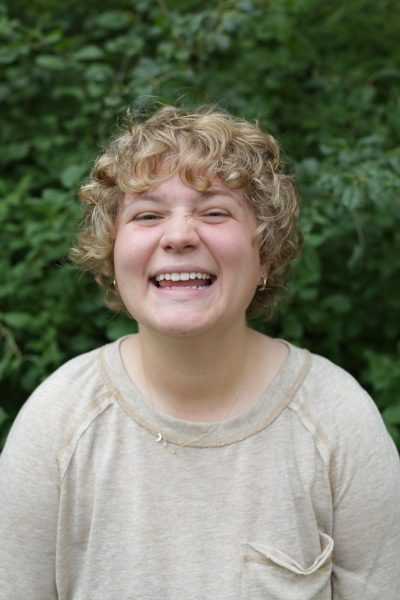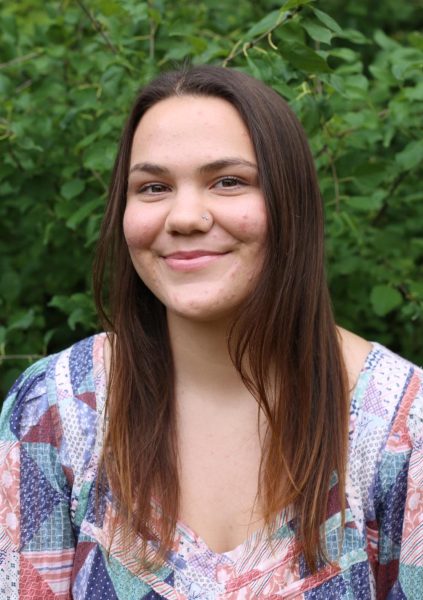[Editor’s note: A graphic was removed from the following opinion piece because it did not match the tone of the column. The Clarion runs opinion pieces to develop discussion on issues that matter to the student body – the opinion policy is here.]
I’ve sat in classrooms with no empty chairs. I’ve heard professors gently correct students who call them “teacher” or use “Mr.” and “Mrs.” to refer to the PhD-wielding instructors. I’ve been put in a group project with two other students who just got their driver’s licenses, having been deemed “a strong leader” by my professor. I’ve answered every question the professor asked aloud to the class because the silence is thick and nearly tangible. I’ve pieced together that no one else has done the reading.
This year, Bethel welcomed 463 PSEO students and 392 traditional freshmen. While some students take courses online, the PSEO program has grown considerably in my three years at Bethel, and now I feel we might be hitting a limit.
It seems to me that many of the high school students attending Bethel through the PSEO program are not prepared for the classes in terms of academic experience. While I am unsure what the application process of the PSEO program is, it’s clear to me that there need to be more placement tests and prerequisite requirements.
I’m an English major, so I can’t say much about the presence of PSEO students in other departments’ classes. What I do know: in the English and journalism department, there are often PSEO students in the classes who need an English credit toward their high school curriculum. This need for credit is an issue for three reasons.
The first is that the students taking the English course often don’t have the prior educational foundation to do well in the class or contribute meaningfully to the conversation. Taking a college writing course is a lot different than your standard English 11.
Secondly, the English department knows that the high school students will be enrolling in the courses, and often it feels like the difficulty level has been reduced to cater to them. By professors over-explaining simple ideas, deciding assignment groups for us and providing us with fill-in-the-blank style prompts, I feel like I’m back in high school.
Finally, there is a large difference between taking a course because you need the credit and enrolling in a class because you have a desire to learn the material. Students in the department are pouring themselves into the material, seeking copy editing jobs and writing books, all while working alongside students who value the class as much as a gym credit.
I care about my education. I love to learn. And frankly, I pay a lot to do so.
There are plenty of PSEO students who are curious, dedicated learners. Our current editor-in-chief found her passion for writing in Reporting I as a PSEO student. But then there are PSEO students who really couldn’t care less — sitting in class, talking about how they just got their acceptance letter to Northwestern. Or how Bethel is their last choice.
I am not bothered by students in the PSEO program being a part of the Bethel community. I have no problems with a difference in maturity level or how much we pay for credits. I simply think that our class quality is deteriorating because of the size this program has grown to.
Bethel needs to rethink the PSEO program, how much they have riding on it and what the process is to determine acceptance and placements. We can’t let our need for more prospective students outweigh the quality of education we’re providing our already enrolled students.


















